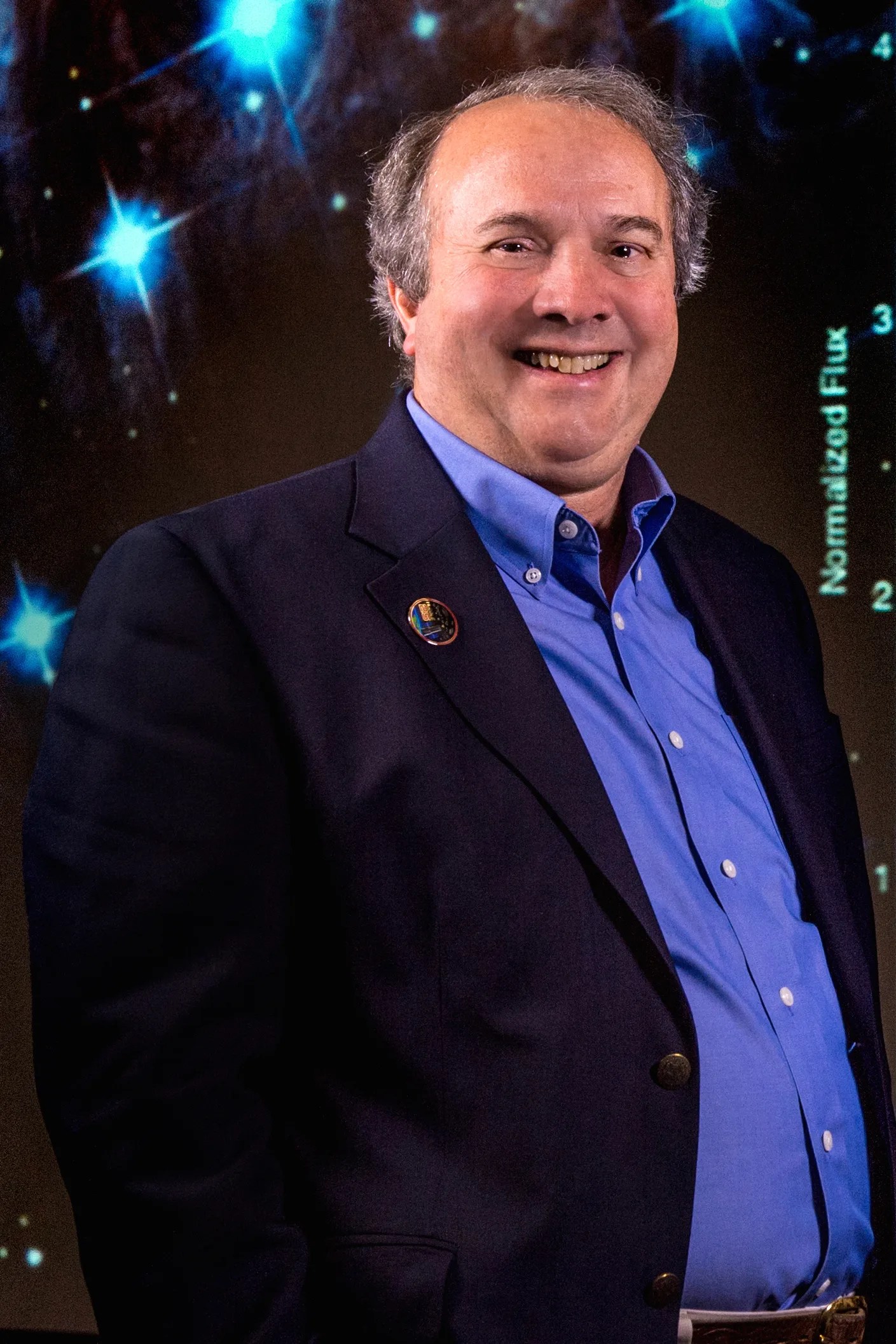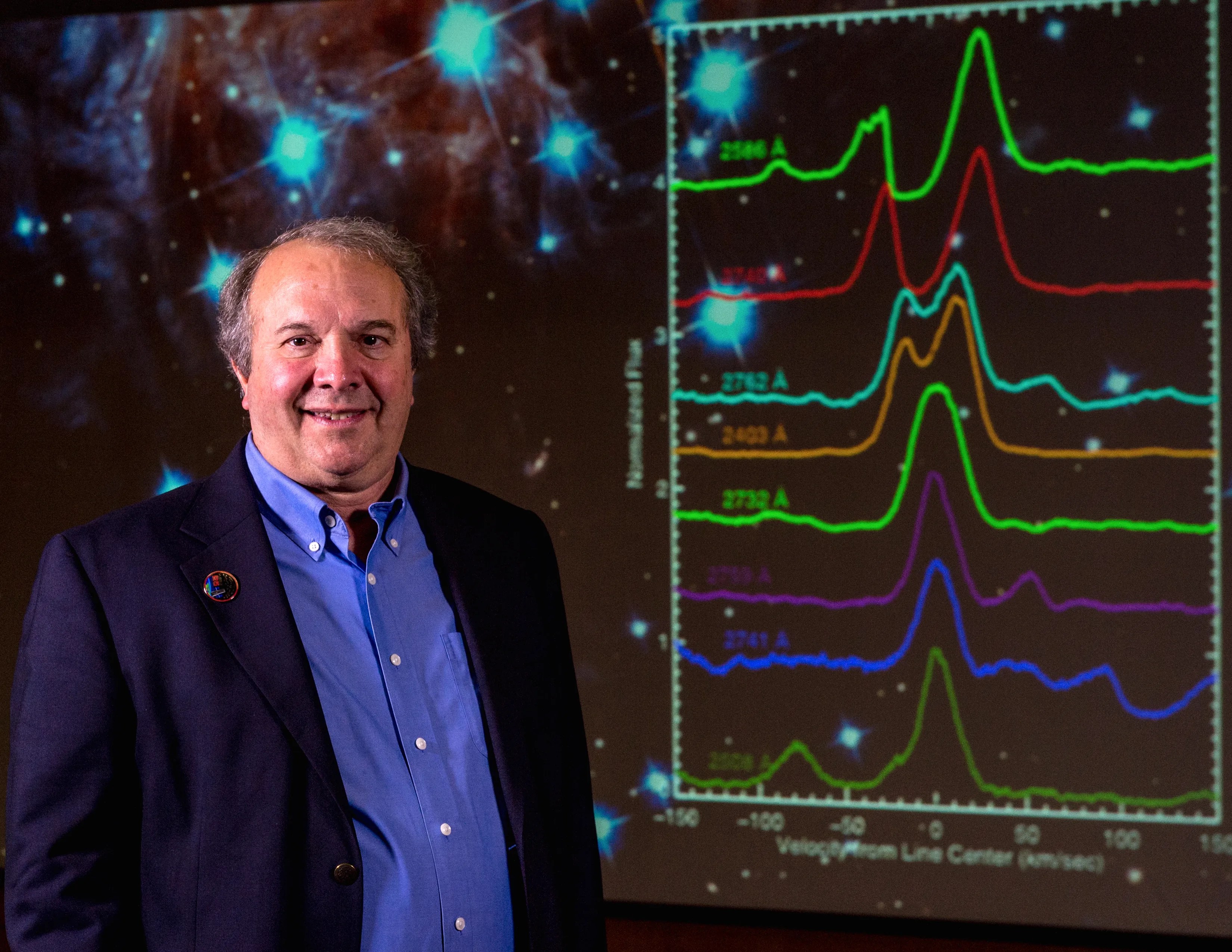
Dr. Kenneth G. Carpenter
Hubble Operations Project Scientist
Dr. Kenneth Carpenter is currently the Hubble Space Telescope operations project scientist at NASA's Goddard Space Flight Center in Greenbelt, Maryland. Carpenter’s NASA career began in 1985 when he came to Goddard after being a research associate at the University of Colorado, to work on operations development for the Goddard High Resolution Spectrograph, a first-generation Hubble instrument. In 1992, he moved into the Hubble Space Telescope Project Science Office as the operations project scientist, providing scientific oversight of both mission and science operations.
Carpenter’s experience has been utilized for other projects at NASA. He currently serves as the ground system scientist for the Wide-Field Infrared Survey Telescope and served as the principal investigator for the Fizeau Interferometer Testbed and the Stellar Imager Vision Mission Study. He also continues to do scientific research on the chromospheres and winds of cool stars, his primary area of expertise.
Carpenter was born and raised in Meriden, Connecticut. He earned his Bachelor of Arts and Master of Arts degrees in astronomy from Wesleyan University in Middletown, Connecticut, and earned his Ph.D. in astronomy from The Ohio State University.
During his NASA career, Carpenter has received nine Special Act Awards and seven Group Achievement awards. He has also published more than 70 peer-reviewed papers in astrophysical literature and has produced papers and articles for more than 90 other publications.
Carpenter lives in Columbia, Maryland, with his wife. They have two sons. He enjoys photography and is an enthusiastic fan of all things Star Trek and Disney. Carpenter credits both Star Trek and the 1964-65 New York World’s Fair, which he attended as a child, with fueling his desire to work for NASA.

